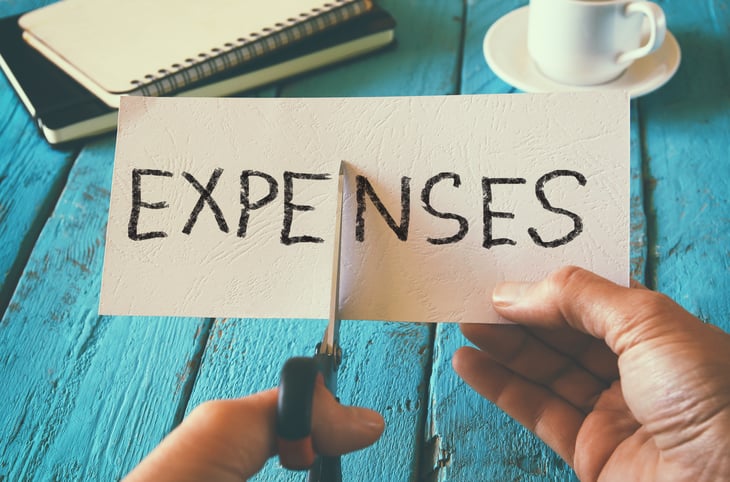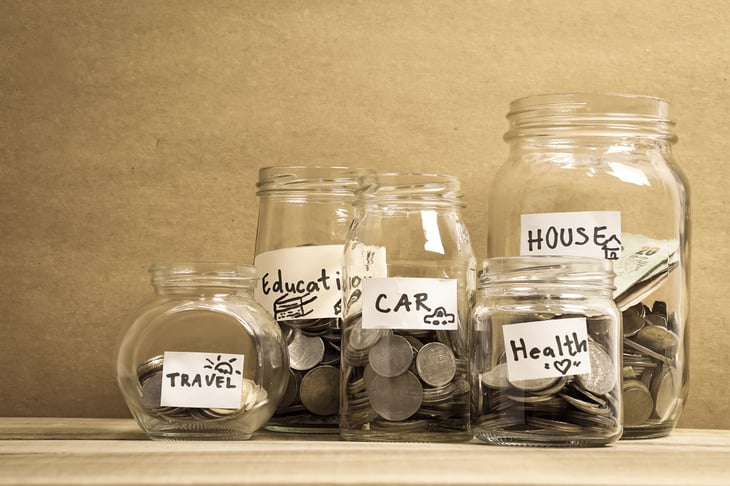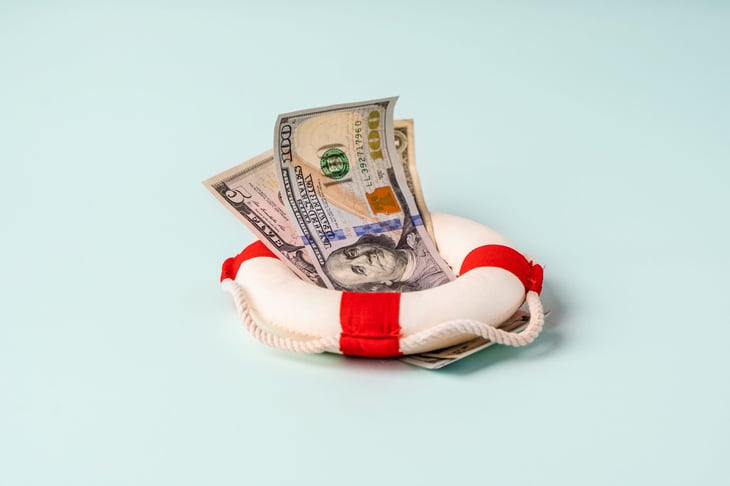When unexpected emergencies hit, having the right savings strategy can keep you afloat. These expert suggestions can help you build and maintain a solid safety net.
When financial emergencies strike, an emergency fund can be the difference between stability and financial disaster.
Whether it’s a job loss, medical expense, or home repair, having cash set aside ensures you’re prepared for the unexpected. But how much should you save, and how can you grow your fund effectively?
Here are eight expert-backed strategies to build, protect, and maximize your emergency savings.
Pro Tip: If you’re facing an emergency or need help funding a major expense, find tailored solutions that work for you. Explore financial solutions here—fast, easy, and secure options to give you the relief you need.
1. Start small and build consistently

The idea of saving months’ worth of expenses may feel overwhelming, but the key is starting small and contributing regularly. Setting aside $10 or $20 a week can add up.
Automating your savings is an easy way to stay consistent. Set up an automatic transfer from your checking account to a dedicated emergency fund.
Pro Tip: Maximize your emergency savings with a high-interest account. SoFi Checking offers 3.8% APY, plus a potential $300 signup bonus—helping your money grow faster. (Offer may change without notice.)
2. Determine the right savings goal

How much should you save? Experts recommend three to six months’ worth of essential expenses, but the right amount depends on your lifestyle, job security, and expenses.
If you have a stable income, three months may suffice, but if you’re self-employed or have a fluctuating income, aim for six months or more.
Pro Tip: Not sure how much to save? If you have at least $100,000 in investments, SmartAsset can match you with up to three vetted financial advisors to help you plan the right emergency fund for your needs.
3. Keep it accessible—but not too accessible

Your emergency fund should be easily accessible in a crisis but not so easy that you’re tempted to dip into it for non-emergencies.
A high-yield savings account (HYSA) strikes the perfect balance, offering liquidity while earning more interest than a regular checking account. Avoid keeping these funds in stocks or riskier investments, as their value can fluctuate.
Pro Tip: Secure your emergency savings while growing your wealth. Start with just $1 and diversify across stocks, bonds, ETFs, crypto, and art using this popular app—sign up today.
4. Cut expenses to boost your fund faster

Trimming unnecessary expenses can free up more cash to build your emergency fund faster. Consider dining out less, canceling unused subscriptions, or negotiating bills.
Redirecting just $50 a month toward savings can add up to $600 in a year—enough to cover a major car repair or medical bill.
Pro Tip: Free up extra cash for your emergency fund by saving on everyday expenses. Get discounts on dining, travel, prescriptions, and more with AARP—just $15/year with auto-renewal. Join now and save hundreds.
5. Separate it from other savings

Mixing emergency funds with your general savings makes it easier to spend unintentionally. Open a dedicated savings account for emergencies only so you won’t confuse it with vacation or holiday savings.
Labeling the account “Emergency Fund” in your banking app can also serve as a mental deterrent from unnecessary withdrawals.
Pro Tip: Keeping savings separate helps you stay financially prepared. A Health Savings Account can cover medical expenses tax-free if you have a high-deductible health plan. Check out Lively HSAs to start saving smart.
6. Replenish after using it

If you tap into your emergency fund, make it a priority to rebuild as soon as possible. Treat replenishing it like mandatory bill payment, setting aside extra cash until you return to your target balance.
If possible, temporarily cut discretionary spending until your fund is restored. Even small adjustments, like skipping takeout or pausing subscriptions, can help you rebuild savings faster.
Pro Tip: Need time to rebuild your emergency fund? Get a 0% intro APR credit card and pay no interest until nearly 2027! Transfer debt, pay it down faster, and enjoy stress-free spending.
7. Use windfalls to accelerate growth

Unexpected cash—like a tax refund, work bonus, or stimulus check—is an excellent opportunity to fast-track your emergency savings.
Instead of spending windfalls on non-essentials, commit a percentage to your fund. Even putting away half of a tax refund can make a huge difference in financial security.
If your emergency fund is already in good shape, consider investing a portion to grow your wealth over time while keeping cash reserves for unexpected expenses.
Pro Tip: Looking to grow your wealth? Consider diversifying into precious metals. If you’re over 50 and want to learn more about investing in gold, now’s the perfect time. Get your FREE 2025 Gold Information Kit and protect your future with physical precious metals—plus, you could receive up to $10,000 in free metals with qualified purchases!
8. Review and adjust regularly

Your emergency fund isn’t a “set it and forget it” account. As life changes—income growth, new expenses, or inflation—reassess your savings goal annually.
Increase contributions when possible, especially if you get a raise or pay off debt. A little extra each month adds up over time.
Pro Tip: If you have more than $20,000 in unsecured debt, it’s time to get professional help. National Debt Relief offers free advice and trusted assistance to help you regain financial control.
Saving now means stability later

A well-funded emergency account is a financial lifeline when unexpected expenses arise. By starting small, automating savings, and staying disciplined, you can weather any financial whiteout.
No one knows when the next emergency will strike—but by following these eight proven strategies, you’ll be ready for whatever comes your way.
Pro Tip: Don’t let time work against you in retirement. Start today with matched contributions and let your money grow. Sign up for a SoFi IRA and take advantage of compounding interest—your future self will thank you. The longer you wait, the less you’ll earn. Get started today.





